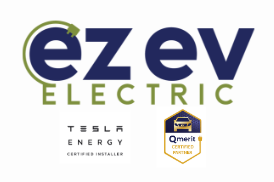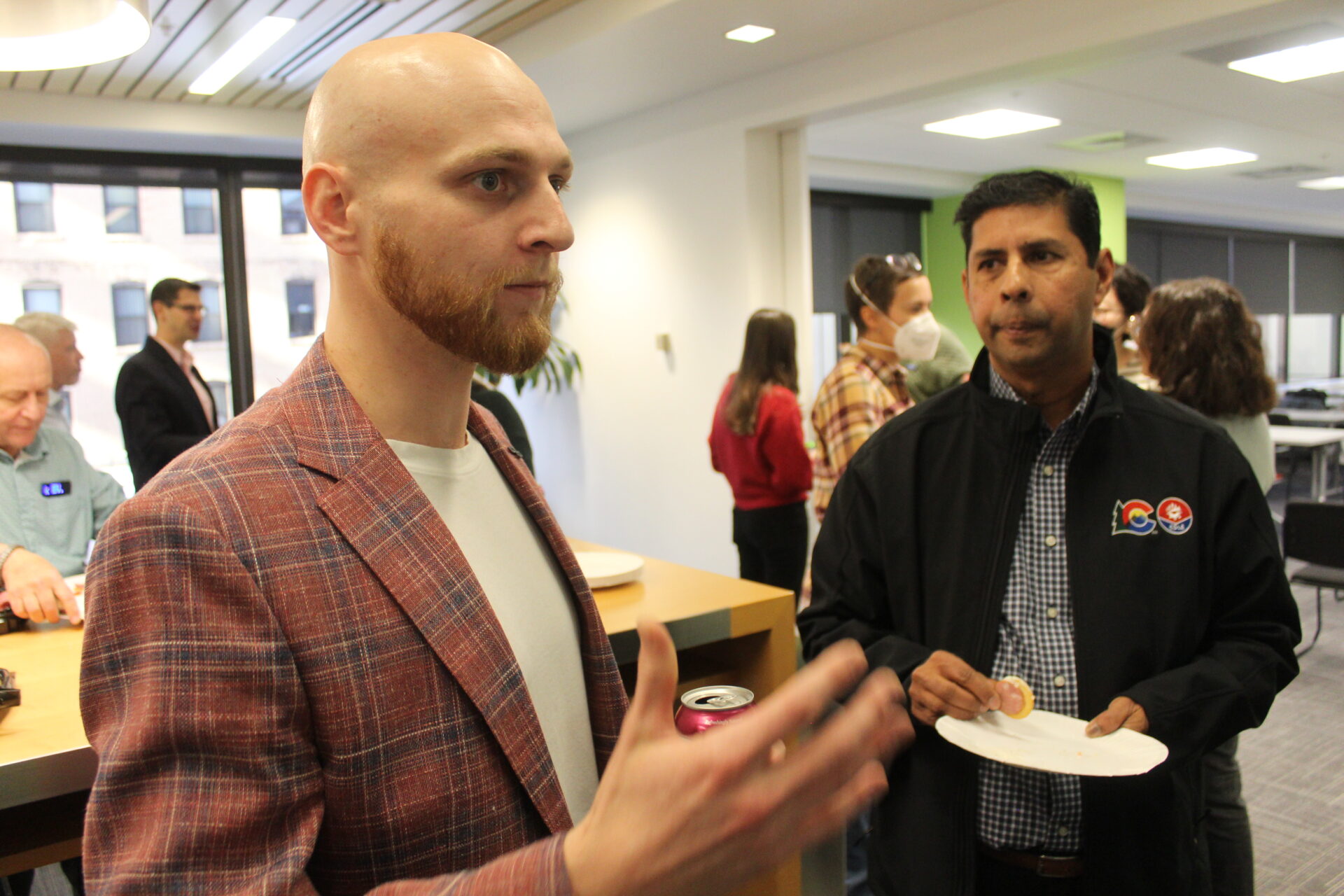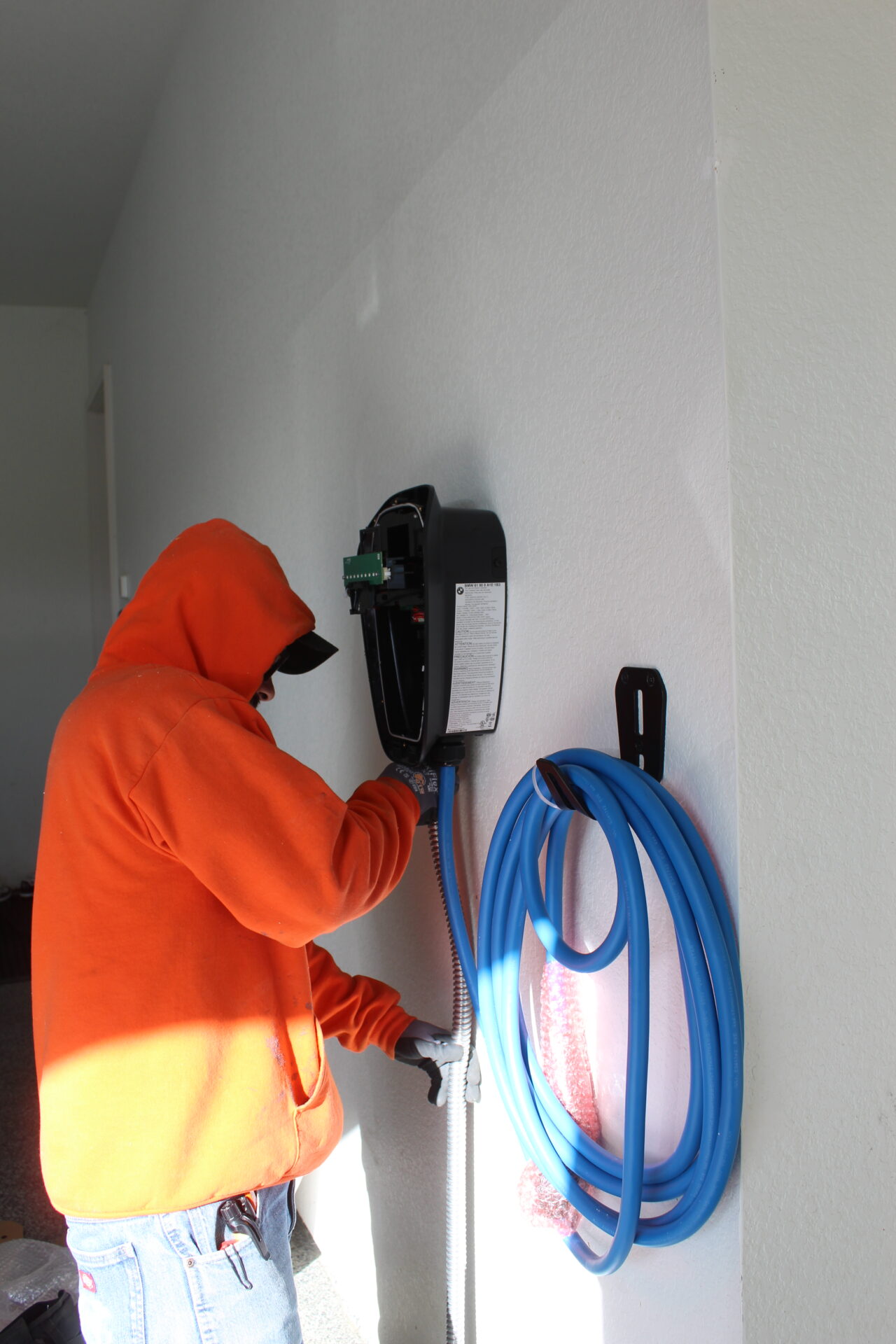In the pivotal era of environmental conscientiousness, Colorado is leading by example with its decisive shift towards electric vehicle (EV) adoption, underpinned by the comprehensive Direct Current Fast-Charging (DCFC) Plazas Program. This initiative, orchestrated by the Colorado Energy Office (CEO) in concert with the Colorado Department of Transportation (CDOT), is a linchpin in advancing the state’s sustainable mobility landscape. This article unfolds the multi-faceted objectives of the program, delves into the financial backbone provided by the National Electric Vehicle Infrastructure (NEVI) program and the Community Access Enterprise (CAE), and elucidates the pivotal role of EZ EV Electric in fostering a robust EV charging infrastructure.
Unveiling the Aims of the DCFC Plazas Program: Beyond Accessibility
The DCFC Plazas Program is not merely a quest for expanded charging infrastructure, but a well-thought-out endeavor to foster a culture of electric mobility. By enhancing access to high-speed charging, the program aims to alleviate ‘range anxiety’ among EV users, thus propelling EV adoption rates. The envisioned outcome is a significant uptick in EV utilization, contributing to the state’s emission reduction goals. The metrics of success extend beyond the number of charging stations to include user engagement levels, reduced charging wait times, and the integration of EVs into Colorado’s broader transportation narrative. As the program unfolds, continuous assessment and feedback loops are essential to gauge its impact and make necessary adjustments, ensuring it remains aligned with Colorado’s overarching sustainability objectives.
Funding Dynamics: The Bedrock of the Initiative
A significant portion of the program’s momentum is derived from the financial impetus provided by NEVI and CAE. The specifics of the funding allocation, including the earmarked amounts and their respective deployment, are meticulously outlined in Colorado’s NEVI Plan and the CAE’s Ten-Year Plan. Understanding the fiscal dynamics is crucial to appreciating the scale and potential impact of the program on Colorado’s green transition. Furthermore, the transparent detailing of funding sources and allocations underscores the program’s accountability and augments public trust in the initiative, which is vital for its sustained momentum and community engagement.
Strategic Station Siting: A Confluence of Factors
The program’s effectiveness is significantly hinged on the strategic siting of charging stations. Priority is accorded to locations near downtown areas, high-density housing, commercial hubs, transit intersections, and underserved communities. This strategic location selection is informed by a confluence of factors including existing and planned DCFC locations, regional transportation plans, and stakeholder input, ensuring a harmonized integration with Colorado’s urban and transportation frameworks. The extensive groundwork in site selection is a testament to the program’s thorough approach in addressing the diverse needs of Colorado’s populace while aligning with broader urban development and transportation strategies.

Bridging Infrastructure Gaps: A Collaborative Odyssey
The synergies between CDOT and CEO have been instrumental in identifying and bridging the infrastructure gaps along Colorado’s designated alternative fuel corridors. Employing a blend of technological insights and stakeholder consultations, the program has been adept at pinpointing areas that are in dire need of charging infrastructure and addressing them with alacrity. This collaborative endeavor is bolstered by a rich tapestry of partnerships with local municipalities, businesses, and other stakeholders, ensuring a holistic approach to developing a robust EV charging network that is accessible and beneficial to a broad spectrum of the community.
Community Outreach and Equity: Amplifying Impact
Community engagement and outreach are pivotal to ensuring that the benefits of the DCFC Plazas Program are widespread and inclusive. Initiatives aimed at raising awareness, educating the populace on EV usage, and addressing the needs of underserved communities are integral to achieving an equitable clean transportation landscape. The program envisions a future where every Coloradan, irrespective of their socio-economic standing, has access to reliable and convenient EV charging infrastructure, bridging the clean mobility divide and fostering a more inclusive green transition. With EZ EV Electric’s expertise and support, the vision of a more sustainable and electrified Colorado becomes an achievable reality.
EZ EV Electric: Spearheading Expertise and Installation
EZ EV Electric emerges as a cornerstone in this green odyssey, being recognized as a Trained Installer under the CEO requirements. Their role transcends mere installation to encompass training, grant application assistance, and fostering a nuanced understanding of EV charging infrastructure among communities and businesses. Their expertise amplifies the program’s capacity to not only install but also optimally utilize the burgeoning EV charging infrastructure. The relationship between EZ EV Electric and the DCFC Plazas Program epitomizes the blend of technical expertise and on-ground implementation prowess necessary for the successful rollout of a state-wide EV infrastructure.


